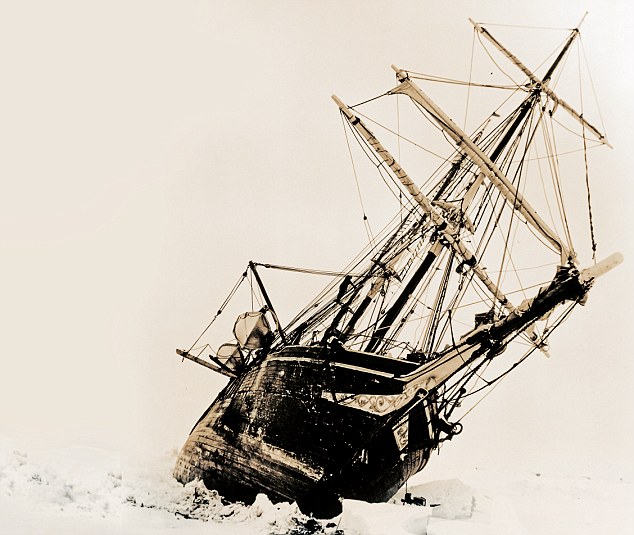TheZymurgist
Well-Known Member
I should have known better. When I saw it, I thought, "that makes perfect sense." But, I figured since borosilicate can go from hot to cold without any issues, why would there be any issue with freezing it?
The shape, moron. The shape. Since the sides of the flask narrow as they go up, if the top freezes first, the bottom has nowhere to expand, except down. So, needless to say, I blew out the bottom of my flask. Luckily, I had just purchased a second. Unfortunately, I now need to purchase a third. I'm sure many will read the title of this and say, "duh!" I probably would have too...

The shape, moron. The shape. Since the sides of the flask narrow as they go up, if the top freezes first, the bottom has nowhere to expand, except down. So, needless to say, I blew out the bottom of my flask. Luckily, I had just purchased a second. Unfortunately, I now need to purchase a third. I'm sure many will read the title of this and say, "duh!" I probably would have too...








